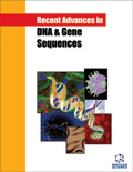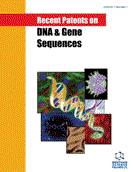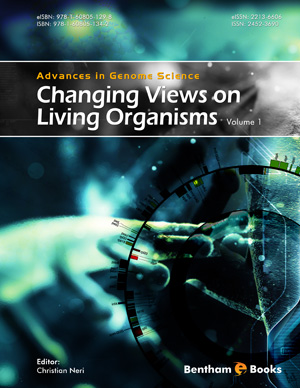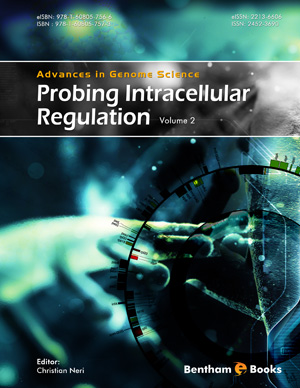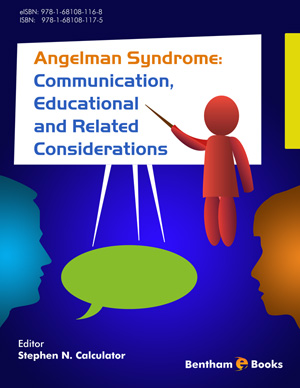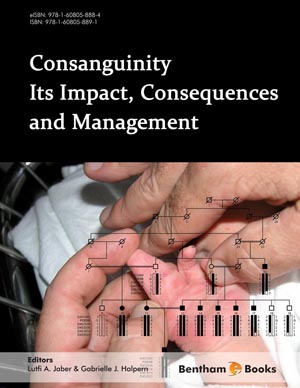Abstract
The African origins of humans are briefly reviewed and the lack of adequate information about much of human phylogeny in Asia is discussed. In Europe, a significant factor in understanding the process of human evolution hinges on the relationship between Neanderthals and Moderns, or Graciles. They are examined in the light of the replacement hypothesis, also known as the “African Eve” theory, which is examined. It is found to be based on an academic hoax of the 1970s and its premises are systematically refuted. In its place, the hypothesis of unintentional human selfdomestication is expounded. The evidence in its favor is presented and explained. The chapter then explores the neuroscientific basis of self-domestication in terms of encephalization, neotenization, and the development of cultural concepts, such as that of perfection.
Keywords: Human evolution, Africa, Asia, Europe, Neanderthals, replacement hypothesis, human self-domestication, encephalization, neoteny, sense of perfection.




